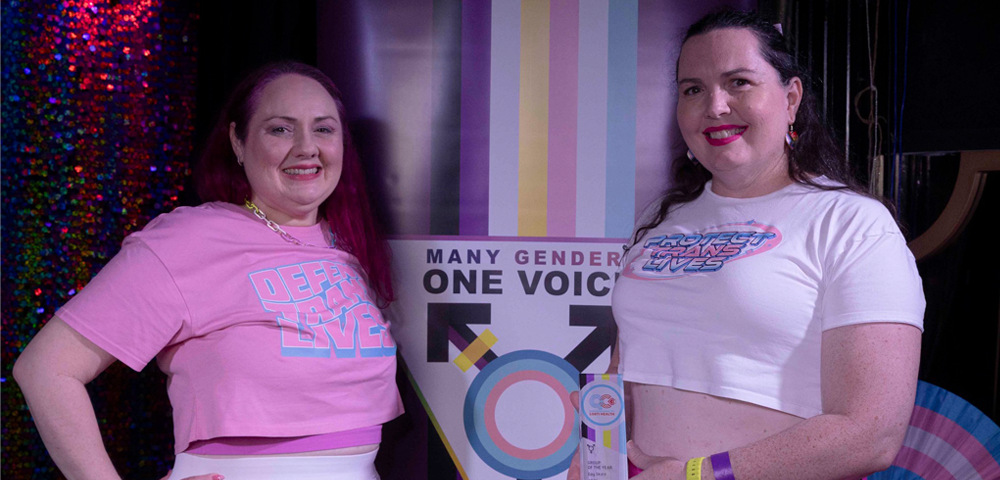
Opposition to genital drugs
Bioethicists have criticised the use of an experimental drug to reduce the risk of girls with a congenital disease being born with an intersex condition and make them conform to sex and gender stereotypes.
Girls born with Congenital Adrenal Hyperplasia (CAH) often have enlarged genitalia, and in extreme cases the labia fuses and the clitoris grows to such a size that they are mistaken for a scrotum and penis.
CAL girl’s internal sex organs are unaffected by the condition.
CAL girls have traditionally undergone genital surgery after birth, but the drug dexamethosone has shown some effect in reducing this symptom in utero.
However American bioethicist Dr Alice Dreger and colleagues at Northwestern University in Chicago have written to oppose the use of the drug outside clinical trials.
They singled out for criticism Maria New, a paediatric endocrinologist at Mount Cedar Sinai Medical School, and her research partners, pediatric endocrinologist Saroj Nimkarn of Weill Cornell Medical College and psychologist Heino Meyer-Bahlburg.
In a paper in 2008 New and Meyer-Bahlburg wrote that women with CAH were more likely to be lesbian or bisexual than other women, and the greater the level of exposure to male hormones in the womb, the greater the chances of them being same-sex attracted.
In previous research Meyer-Bahlburg had suggested that prenatal dexamethasone might reduce the chances of CAH girls growing up to be same-sex attracted or make them more gender conformist in their behaviour.
This year New and Nimkam wrote that they believed that prenatal dexamethasone therapy can reduce “behavioral masculinisation” in CAH girls including same-sex attraction and tom-boy type behaviours.
Organisation Intersex International (OII) Australia spokesperson Gina Wilson told Sydney Star Observer they strongly opposed any forced or unconsented normalisation of Intersex children.
“We hold that both surgery on intersex newborns and non-consenting children, forced gendering and the administration of drugs to reinforce gender and gender behaviour whether pre or post natal is essentially homophobic,” Wilson said.
OII Australia recommends any intervention should be left until an intersex child is old enough to express their own wishes regarding treatment.
Wilson said that as far as OII Australia was aware, all hospitals in Australia recommended the early sex assignment of children with intersex conditions to parents and it was possible that dexamethasone was being prescribed to women carrying CAH girls in Australia.
Wilson welcomed Dreger speaking out on the issue but noted that she and some colleagues had pushed for intersex conditions to be renamed “disorders of sex development” for clinical purposes – a term OII Australia feels to be stigmatising.









